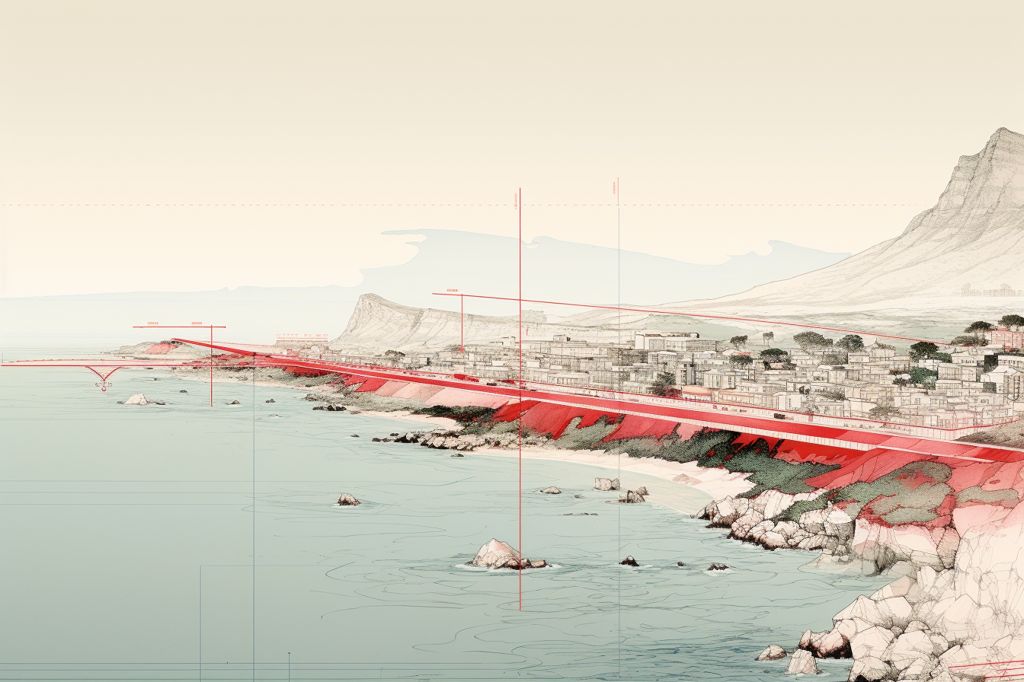Cape Town’s coastline is a national treasure, attracting millions of visitors each year and contributing significantly to the local economy. However, the illegal encroachment of private property owners poses a significant threat to this delicate ecosystem. The City of Cape Town has taken proactive measures to preserve and manage the coastline, including the implementation of the Coastal By-law.
The Coastal By-law: An Essential Tool for Preservation
Adopted in May 2020, the Coastal By-law serves as a critical tool in the City’s efforts to save and manage the coastline. The by-law imposes regulations and restrictions on activities that may harm the sensitive coastal environment. Importantly, it applies to both coastal public open spaces and coastal public property, ensuring accessibility for all residents and visitors.
The Importance of Enforcement
Alderman Eddie Andrews, Cape Town’s Deputy Mayor and Mayoral Committee Member for Spatial Planning and Environment, highlights the significance of the Coastal By-law. He emphasizes that the by-law grants the City statutory powers to enforce the public’s right to access and enjoy their beaches and sea.
Audit and Identification of Encroachments
The City’s Coastal Management Branch conducted a comprehensive audit of the coastline, identifying approximately 200 encroachments, including manicured lawns, decks, trampolines, fencing, pools, restaurant areas, and sea defense structures. These encroachments were found along both the Atlantic seaboard and the False Bay coastline.
Compliance Notices and Rehabilitation
To address these illegal encroachments, the City has initiated the process of serving compliance notices to property owners responsible for the encroachments. The notices require the removal of any unlawful structures and the rehabilitation of affected areas. Alderman Andrews urges those who have received notices to comply and complete the necessary rehabilitation work promptly.
The Importance of Preservation
The Coastal By-law aims to promote the sustainable use and development of the coastline, protect its sensitive environment, and ensure the safe and enjoyable use of its beaches. The by-law is based on the principles of the City’s Integrated Coastal Management Policy and Coastal Management Programme, the Western Cape Provincial Coastal Management Programme, and the National Environmental Management Integrated Coastal Management Act 24 of 2008.
A Shared Responsibility
As the City enforces the Coastal By-law and serves notices to property owners, it is essential to remember that the coastline is a shared resource that belongs to everyone. Preserving the pristine beauty of Cape Town’s coastline is a responsibility that falls upon the entire community, ensuring that it remains a valuable asset for years to come.








